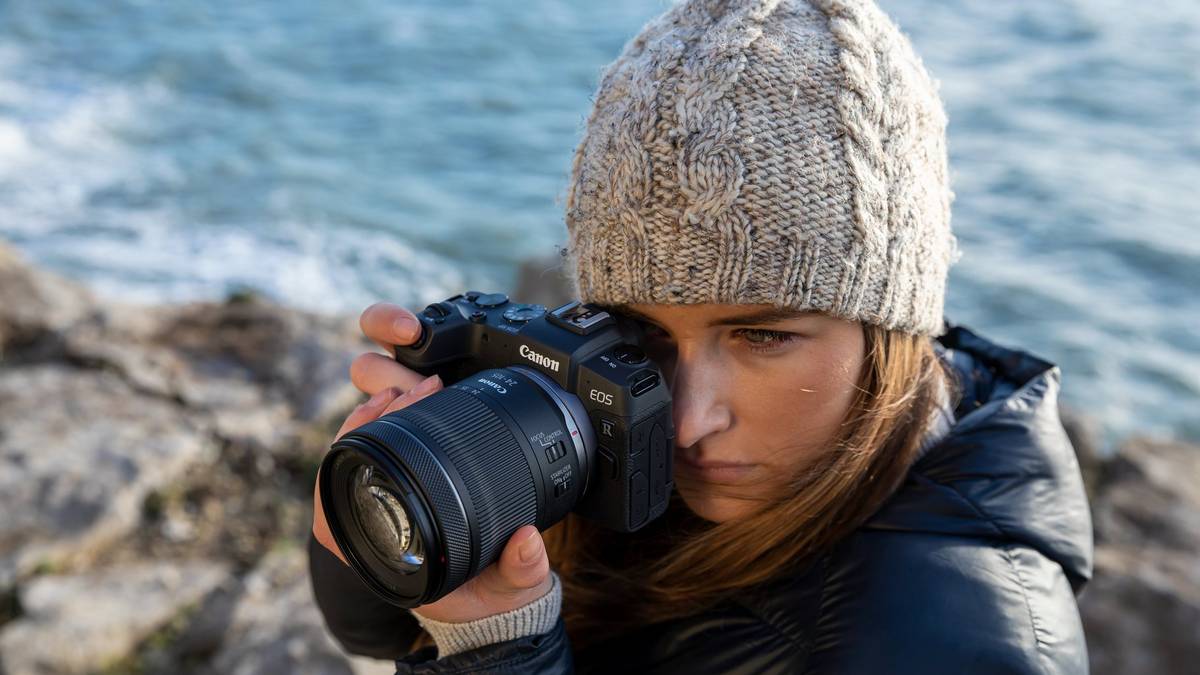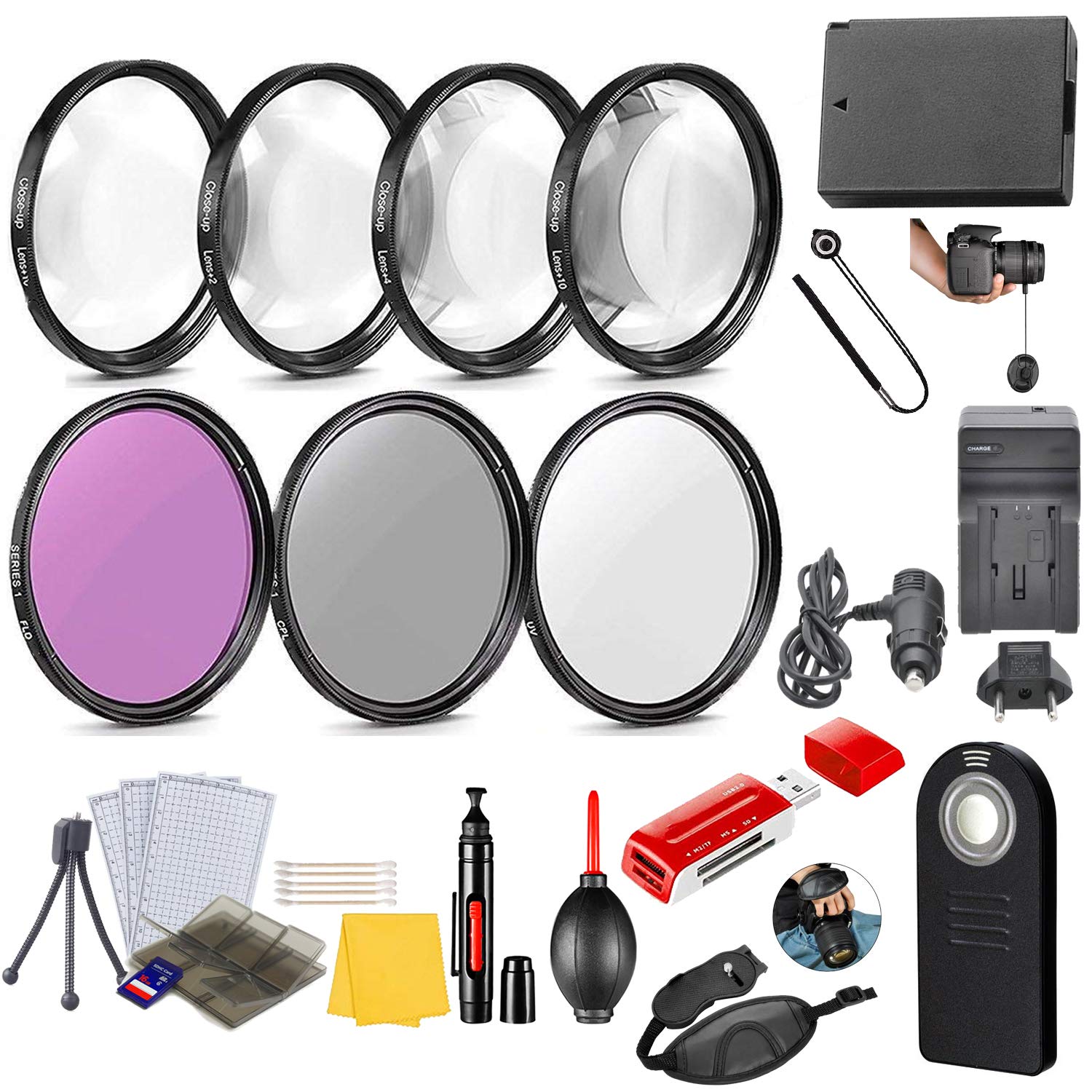
You will need the right equipment, no matter if you are shooting for an advertisement or photographing household items. Find out more about the various types of lens and camera options. We also talk about the importance and benefits of tripods, ND filter, and purchasing used equipment. Equipment photography can be a very rewarding hobby.
Considerations for equipment photography
The best equipment is essential to taking beautiful photos. The quality of your images and the amount of scene captured will depend on which camera you use. It is also important to have a high-quality lens. Many cameras have interchangeable lenses, which allow you to use different types of photography. Before buying a camera, you should read user reviews. YouTube has videos by professional photographers that will help you get an idea of which cameras and lenses are best for your needs.
A reputable dealer will have a good reputation and be able to help you find the right equipment. Make sure the dealer stands behind its products and offers a return policy, too. Be wary of "bundled" sales offers by dealers. Before you buy, compare the prices.
Tripods
A tripod can be a great way to improve the stability of your camera or other equipment. This accessory is not only important for taking beautiful photographs but can also be useful for other types of photography, like macro or night photography. A tripod can give you more creative options, and will make your photography stand apart from others.

There are many types of tripods on the market. You will need to choose which one is best for you. You should also consider the price of a tripod. There are many models to choose from, but be sure to check the quality. Cheap tripods are not made with the same quality materials as more expensive tripods. A tripod of high quality will cost between $400 and $500.
ND filters
ND filters can increase the exposure time for your camera. These filters are great for photos taken in dim lighting. These filters can be used to reduce depth of field, and help you focus in bright lighting. However, ND filters may decrease the sharpness of your images. To avoid noisy or grainy images, you should be careful when using ND filters.
The ND filters are great for landscape photography. These filters can enhance the image's dynamic look and give you greater creative control over the photos. You can even make photos that would not be possible without using filters. An experienced landscape photographer can help you use ND filters to make the most of your shots.
Camera bag
Camera bags are great for keeping your camera and other photographic equipment secure. You can store your phone and sunglasses in the side pockets of many camera bags. These bags are easy to use and accessible. Most cameras include a lens. Your bag should be able to protect your lens.
Camera bags are available in many styles. There are many options, including the popular shoulder bag. These include holsters that are worn over the shoulder, or pouches that can be worn around your waist or across the shoulders.
Batteries

Photographic equipment requires batteries. A malfunctioning battery can lead to dangerous situations, including fire or electric shock. High-quality replacements batteries are a good way to prevent this. You can store your batteries in the case or in a pouch. You can also tape the battery terminals to prevent short circuits.
Professional battery systems should be equipped with dual or quad chargers. Long-term long-term use is possible with lithium-ion batteries. Lithium batteries are prone to leaks if they are not removed immediately.
Computer
A computer that can process high speeds is essential for professional photographers who use it to edit photos. Also, you will likely run several applications at once so you need a machine capable of processing them all. There are many different kinds of computers available, so you're sure to find the one that meets your needs at an affordable price.
Some photographers don't have the technical skills to build their own computers. Instead, they purchase a computer already assembled by a manufacturer. Building a computer from scratch is easy and can save you hundreds. A better understanding of computers will also be gained.
FAQ
Where can I buy cameras?
There are many online places where you can purchase cameras. B&H Photo Video, however, is recommended as a trustworthy retailer. They have knowledgeable staff to answer your questions.
B&H ships quickly and securely to make it easy for you to get your order to your door.
You can learn more by watching this video about shopping for cameras.
What makes a good camera backpack?
Choosing a camera bag is important because it protects your gear while traveling. Here are some factors to keep in mind when choosing a bag.
-
Size: Choose a big bag to hold your camera and accessories comfortably. Don't purchase more than you are going to use.
-
Durability: Choose bags made from durable materials like leather, canvas or nylon. Avoid plastic and fabric bags.
-
Protection: Make sure your bag protects against dust, dirt and moisture.
-
Organization: Consider organizing your gear by type to easily access your needs. So, you can place your lenses in one box, your memory cards in another and your battery charger in a third.
-
Comfort: A shoulder strap is a better choice than a handbag for shooting. A comfortable design should have padded straps.
-
Price: You can shop around to find a great price. Many brands offer their products at discounted prices. This can be a huge advantage.
-
Warranty: Make sure to ask if they offer a warranty for their products. You will know who to call if your bag gets damaged.
Which is the best camera to use for beginners?
The best camera for beginners will depend on your budget, needs and level of skill.
You might consider a point-and shoot digital camera if you are trying to save money. These cameras offer good quality but aren't very versatile.
The Digital Single Lens Reflex (Digital DSLR) camera allows you to interchange lenses, allowing you to take different kinds of photos. These are typically more expensive than point-and-shoots, but they provide much greater flexibility.
A beginner's kit is the best place to begin if you are new to photography. The package includes everything you need: a camera, lens, memory cards, tripod, flash and a camera body.
You should also remember to buy additional batteries.
How can I improve my smartphone's photography skills?
Photography doesn't have to be expensive. Amazing images can be captured with a smartphone.
Just need to learn the basics of how to use it all.
There are many apps for iOS and Android devices that can edit and share pictures.
Here are five tips that will help you start taking better photographs.
-
Set Up Your Camera App. Your camera application should be already installed on your device. Download it from Google Play, Apple's App Store or Google Play.
-
Use filters and effects. Filters and effects can be used to modify the appearance of your photograph without touching your image.
-
Adjust Exposure. You can adjust the exposure to control the brightness of your photo.
-
Use the Right Lighting It is easier to see details when you shoot in bright light. Photographing in low light conditions allows you to capture the highlights and shadows of your image.
-
Take Pictures Of People. Photographing people can show others what you are most passionate about.
Learn more about taking better photos with your smartphone by reading our article 5 Tips to Improve Your Photography Skills.
Statistics
- Get 40% off Adobe Creative Cloud(opens in new tab) (creativebloq.com)
- That's the easiest way to get blurry photos 100% of the time. (photographylife.com)
- There are people out there who will pick at flaws they can only see in 100% crops of your photos. (wikihow.com)
- This article received 13 testimonials, and 100% of readers who voted found it helpful, earning it our reader-approved status. (wikihow.com)
External Links
How To
How to Take Portrait Photos
Portraits are important because it shows who you really are. They can also tell your life story. You may have a favorite picture of yourself when you were younger, but now you want to capture something new. It's easy for people to forget how fun it is to take photos. So here are some tips to get started.
-
Make sure that you have enough light. Portraits are best taken in the morning or late at night. If you use flash, make sure there is no direct sunlight shining into your face. This will blur any details. It is best to avoid shooting at midday. It will create too many shadows.
-
Use a tripod. If you are holding the camera still, there will be no movement. You'll lose the opportunity to freeze action. Also, if you do plan on using a flash, prepare your shot without it. After that, turn off the flash again and start over.
-
Photograph close-ups. Closeups are great for showing detail. If you have a bad eye, closeups can appear fake. Pay attention to the eyes, noses, and mouths of people. Are there any unusual features? Is someone wearing glasses? Are there freckles on her nose? These details add depth to an individual's appearance.
-
Smiles are not something you can force. Smiles can be difficult. Most people smile naturally when they feel happy, but others don't. You cannot force them to smile. Take a moment to think about what makes us laugh. Maybe it's something silly like a cat jumping through a hoop. Maybe you just love to watch paint dry. It doesn't matter what it is, just keep at it until it makes you laugh.
-
Creativity is key. People tend to think that they are boring. Not being boring isn’t bad. Look for ways to break from the norm. Ask someone to pose behind their back with his hands in front. Another option is to suggest that he wear a funny headgear.
-
Keep practicing. You will improve your ability to capture moments if you keep practicing every day. As you improve, you will be able to see more interesting events around you.
-
Have fun. You should have fun taking photos. If you enjoy the experience, you will be more likely do it again. You will likely end up with some amazing photos.
-
You should share your work. Once you are able to take high-quality pictures, share them. Tell them why you took the picture. Show them where you went. Let them know where you went.
-
Be patient. Sometimes it just doesn't work. It happens to everyone. Don't worry. Keep moving on to another image.